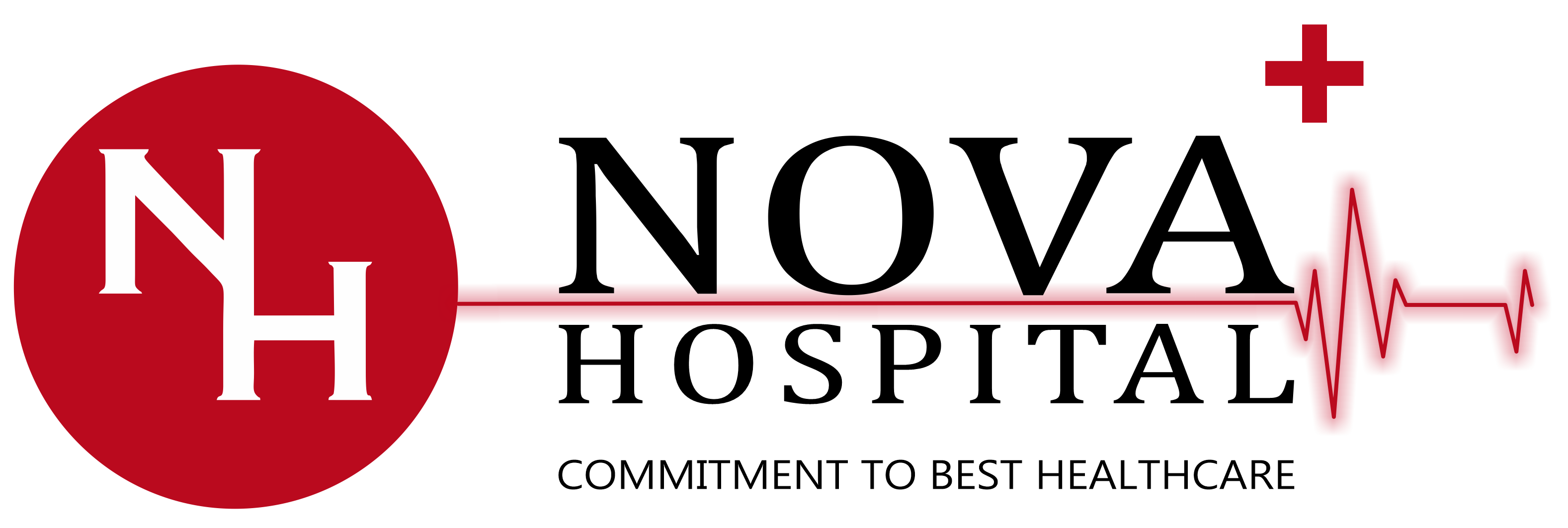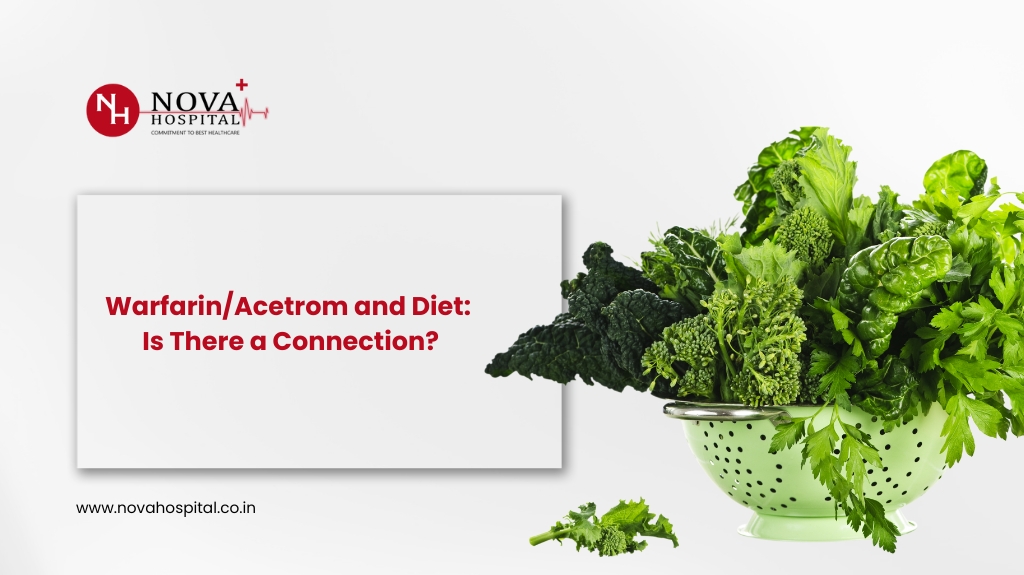Warfarin/Acetrom and Diet: Is There a Connection?
Patients who have atrial fibrillation deep vein thrombosis (DVT) and pulmonary embolism receive medication treatment from both Warfarin and Acetrom among anticoagulant drugs. These drugs oppose the activity of vitamin K-dependent clotting factors which results in thinner blood and reduced danger of deadly complications.
The therapeutic results of such medications need dietary regulation since they play essential roles. Some foods containing abundant vitamin K interfere with how the drug works which results in blood clotting changes. The following article investigates Warfarin/Acetrom dietary interactions together with instructions for selecting foods that optimize therapeutic success.
Understanding Warfarin and Acetrom
How Do These Medications Work?
Warfarin together with Acetrom operate through vitamin K antagonist mechanisms whereby these drugs limit vitamin K-dependent factor production in the liver. The medication stops unhealthy clots from developing while treating different cardiovascular diseases.
Importance of Monitoring INR Levels
A medical indicator named the International Normalized Ratio (INR) shows blood clotting duration. Warfarin and Acetrom patients must stay within an INR range of 2.0 to 3.5 to avoid dangerous bleeding and clotting consequences.
Key Factors Affecting INR:
- Dietary intake of vitamin K
- Medication interactions
- Lifestyle habits
- Health conditions
The Role of Diet in Warfarin/Acetrom Therapy
Does Vitamin K play any role in affecting the duration of anticoagulation?
Any changes in vitamin K intake will interrupt the INR levels in patients who use Warfarin and Acetrom because these drugs block vitamin K activity. Intake amounts of vitamin K in the diet should be balanced because both low amounts and high amounts affect the Warfarin/Acetrom therapeutic action by decreasing or increasing drug effectiveness and bleeding risk respectively.
Regular consumption should be consistent for foods containing vitamin K.
Instead of removing vitamin K foods patients should consume such foods at a consistent rate:
- Leafy greens: Spinach, kale, broccoli, lettuce, and Brussels sprouts
- Herbs: Coriander, basil, parsley
- Green vegetables: Asparagus, green beans, cucumbers
- Soy-based foods: Tofu, soybeans
- Oils: Soybean oil, canola oil
Foods to Eat in Moderation
Selected foods together with beverages produce interactions with Warfarin/Acetrom which impacts INR blood test results:
- Drinking cranberry and grapefruit juices will both increase blood-thinning effects thus causing potential excessive bleeding in the patients.
- Alcohol – Can interfere with metabolism and cause unpredictable INR fluctuations.
- Green Tea contains vitamin K which works to reverse the anticoagulation properties in the body.
- Garlic and Ginger have properties as blood thinners which elevate the risk of bleeding.
- Turmeric produces anticoagulant properties which potentially strengthen Warfarin’s effects.
Tips for a Balanced Diet While on Warfarin/Acetrom
You should keep vitamin K intake steady by avoiding both large increases and decreases in food items with vitamin K:
- Regular INR blood testing is vital so report abrupt changes in your diet to your doctor.
- Many herbs and supplements disrupt the normal function of anticoagulant treatments therefore alcohol and these supplements should be limited.
- Propper hydration combined with a balanced diet helps both personal health and medication performance.
- Before changing your diet, you need to contact your healthcare provider.
Note from Nova Hospital
Nova Hospital acknowledges that effective medication and dietary control produce the best possible health results. Our organization aims to lead patient education with medical research findings and healthcare advancements as a top healthcare provider.
Multiple scientific examinations now demonstrate that Warfarin/Acetrom anticoagulant medication together with dietary components forms a substantial interaction. Patients along with caregivers need complete awareness about treatment interactions because this knowledge helps prevent adverse effects and achieve better treatment outcomes.
The team members at Nova Hospital who have expert healthcare training offer individual care and medication/diet management counselling services to all our patients. We strongly advise you to contact our team when using Warfarin/Acetrom since we provide discussion and support for your concerns or questions.
Conclusion
Patients taking Warfarin and acetone treatment must monitor their dietary choices to sustain steady INR values while avoiding treatment complications. Patients should maintain a regular consumption of foods with vitamin K content even though they must avoid abrupt changes in their intake. Regular inspections along with dietary balance under healthcare professional guidance help anticoagulant treatment remain both safe and effective.
Consult with a doctor at Nova Hospital before making dietary changes when you have either Warfarin or Acetrom as a medication. The combination of proper management strategies with correct knowledge allows patients to keep a safe and healthy life while maintaining benefits from anticoagulant treatments.

